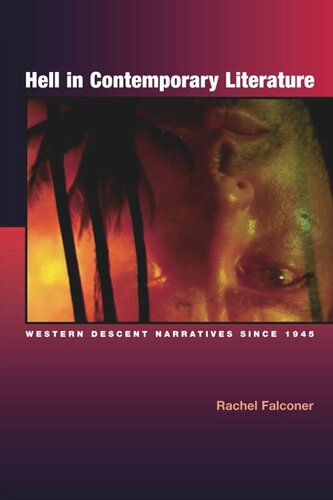

Most ebook files are in PDF format, so you can easily read them using various software such as Foxit Reader or directly on the Google Chrome browser.
Some ebook files are released by publishers in other formats such as .awz, .mobi, .epub, .fb2, etc. You may need to install specific software to read these formats on mobile/PC, such as Calibre.
Please read the tutorial at this link: https://ebookbell.com/faq
We offer FREE conversion to the popular formats you request; however, this may take some time. Therefore, right after payment, please email us, and we will try to provide the service as quickly as possible.
For some exceptional file formats or broken links (if any), please refrain from opening any disputes. Instead, email us first, and we will try to assist within a maximum of 6 hours.
EbookBell Team

5.0
20 reviewsWhat does it mean when people use the word 'Hell' to convey the horror of an actual, personal or historical experience?
Now available in paperback, this book explores the idea that modern, Western secular cultures have retained a belief in the concept of Hell as an event or experience of endless or unjust suffering. In the contemporary period, the descent to Hell has come to represent the means of recovering - or discovering - selfhood.
In exploring these ideas, this book discusses descent journeys in Holocaust testimony and fiction, memoirs of mental illness, and feminist, postmodern and postcolonial narratives written after 1945. A wide range of texts are discussed, including writing by Primo Levi, W.G. Sebald, Anne Michaels, Alasdair Gray, and Salman Rushdie, and films such as Coppola's Apocalypse Now and the Matrix trilogy. Drawing on theoretical writing by Bakhtin, Levinas, Derrida, Judith Butler, David Harvey and Paul Ricoeur, the book addresses such broader theoretical issues as: narration and identity; the ethics of the subject; trauma and memory; descent as sexual or political dissent; the interrelation of realism and fantasy; and Occidentalism and Orientalism.
Key Features